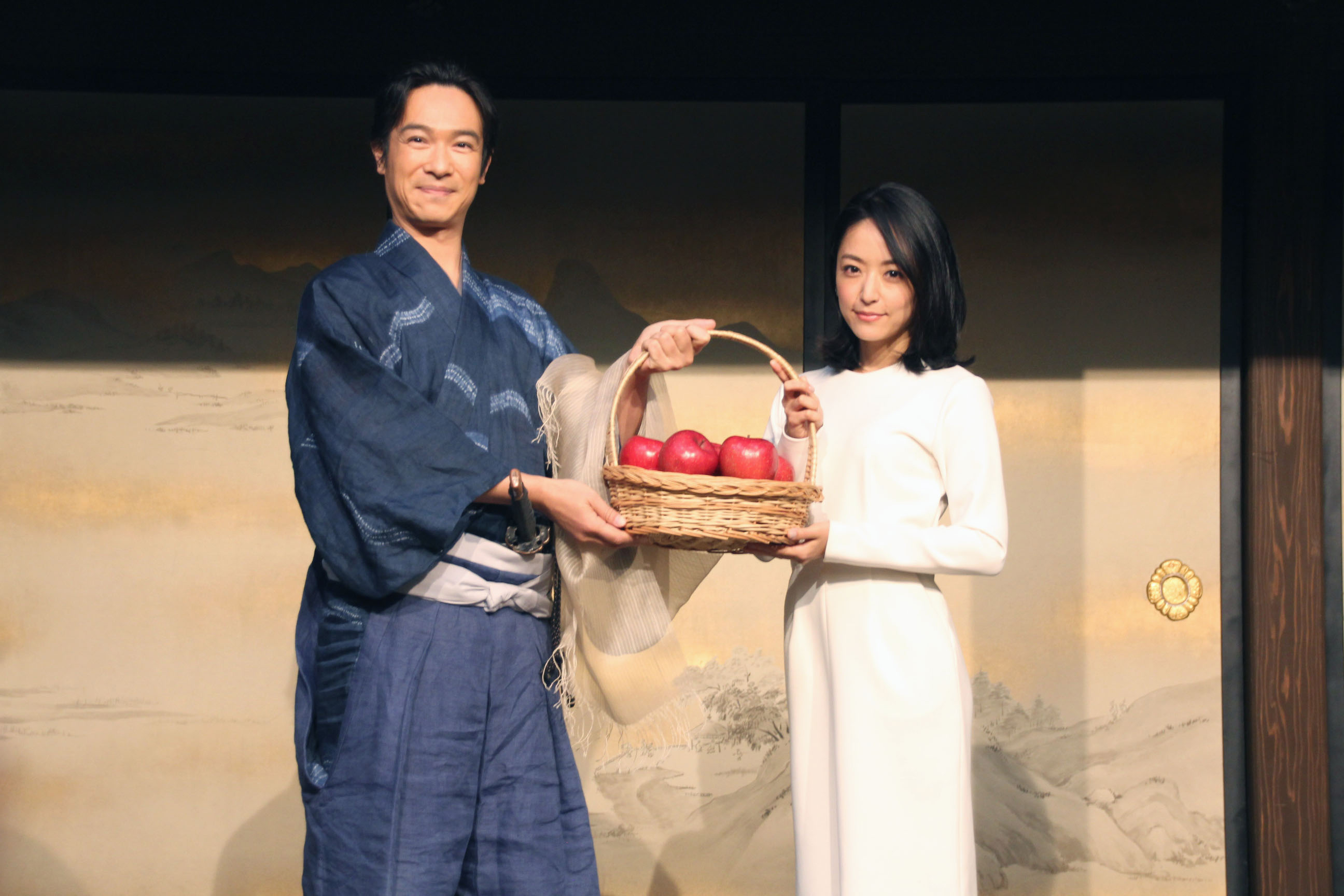An article that appeared in December in the Yomiuri Shimbun weighed the prospects for the 2016 edition of NHK's year-long historical taiga drama series, which premiered Jan. 10. "Sanada Maru" is the title of the 55th marathon show, and the name of a fortification added on to Osaka Castle to protect it from a planned siege in 1615, 12 years after the Tokugawa shogunate started unifying Japan under its rule. The Yomiuri says this particular period in time is "obviously NHK's favorite," since so many taiga dramas are set around the Warring States Period (in the 15th and 16th centuries). Big events and players from the period have been dramatized multiple times over the years in these series.
The focus of the article is whether or not NHK can reverse its fortunes for the program, which suffered its worst ratings ever last year with "Hana Moyu," starring Mao Inoue as Sugi Fumi, a woman who was positioned by birth to witness firsthand the violent changes that took place as Japan transitioned from the Edo to the Meiji eras in the mid-19th century. The series' audience share had dropped to below two digits by mid-April and never recovered. Though critics think the status of media is to blame — young people are not much interested in watching TV any more — NHK's daily, 15-minute morning serial is still popular, so it must have something to do with the content. Ever since 2010, when that year's taiga drama starred rock god Masaharu Fukuyama as Ryoma Sakamoto, ratings have loitered well below 20 percent.
Kasuga Taichi, an expert on historical dramas, told the Yomiuri that the problem was presentation. He said that NHK "insults viewers' intelligence" by purposely dumbing down the scripts so that they are "easy to understand," disappointing "habitual viewers" in the process. On the other hand, Internet commentators complain that there are too many characters and subplots. Moreover, history is forced to accommodate dramatic expedience: Facts are streamlined, characters made to appeal to post-millennial sensibilities, heroes injected into familar historical incidents they didn't have much to do with.



